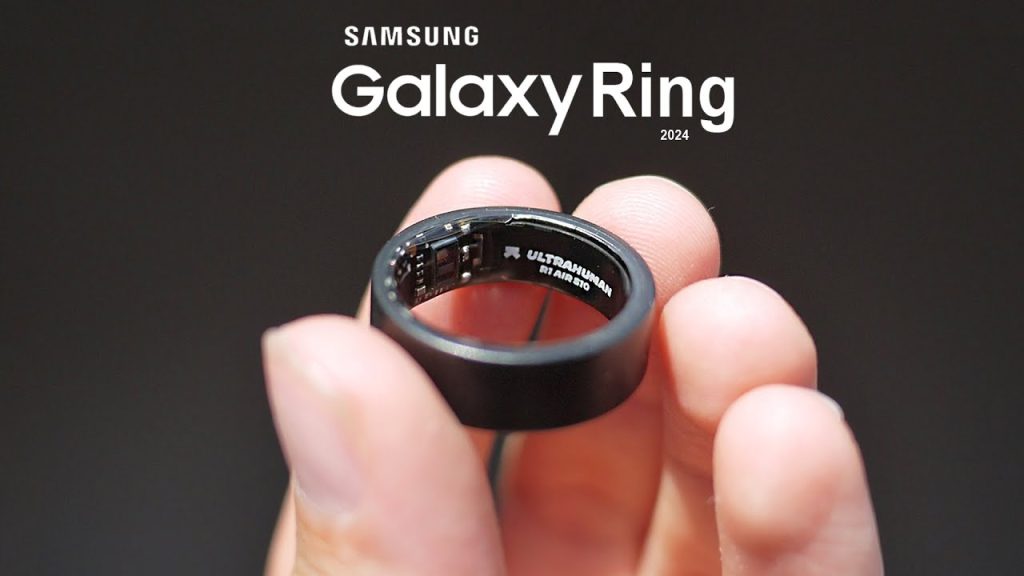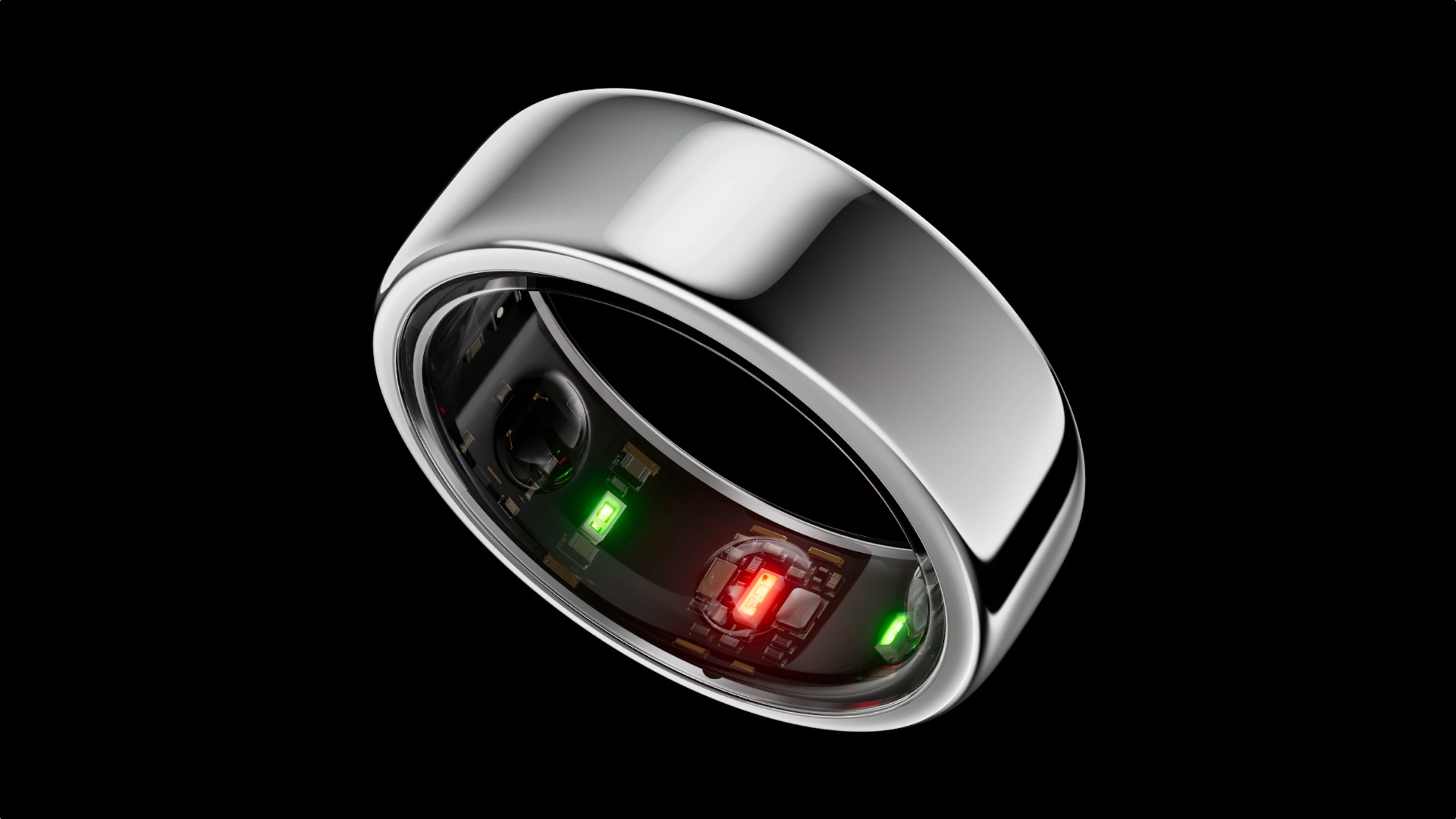
In the realm of wearables, smartwatches have long had a dominant position. Although smart bands have been marginally popular, Samsung teased the Galaxy Ring as it wrapped up its Unpacked presentation earlier this week. That sounds to me like the corporation is desperate to upend the status quo of wearable technology.
An easy sight on the health on the tip of your toe
Considering that all Samsung did was show a spectacular loop of a sparkling ring with a few visible sensors on the inside of the band, it may seem exaggerated. Onstage, hardly much was revealed. The ring, however, is designed to “empower more people to manage their health with a comprehensive yet simplified approach to everyday wellness at home,” according to an email I received from a Samsung representative named Amber Reaver.
A ring better than a wedding one?
The smaller form factor is due in part to the fact that tracking data must be precise and constant over an extended period of time. Reaver added that the ring will be sufficiently comfortable to wear both day and night and that it will use “leading sensor technologies.” A prototype was also shown to certain Unpacked attendees; analyst Avi Greengart noted that it is lightweight, available in three finishes and up to 13 sizes, and would launch later in the year.
Oura is aware of how much it sounds like the Oura Ring. Oura CEO Tom Hale gave The Verge the following comment without being asked to do so shortly after the Galaxy Ring was revealed:
With new features released regularly, Oura has the strongest IP portfolio — in both hardware and software — for the smart ring form factor, with 100 granted patents, 270 pending patent applications, and 130+ registered trademarks. New players entering the space is validation for the category and drives us to aim higher to serve our members and community.
Hale is correct. Competition is a way to feel validated, and Oura will soon be up against a lot of new competitors. I predicted that 2024 would be the year of the smart ring last week at CES because I noticed more of them than I have in a long time on the exhibit floor. But it’s simple to ignore a swarm of smaller businesses cashing in on a trend. It’s another thing entirely for a major player in the tech industry like Samsung to declare that it also thinks this design factor has potential.

Smart rings VS smartwatches
It becomes clear why if you give it any thought. Compared to smartwatches, smart rings are more covert and ideal for tracking sleep. (Samsung has also improved its sleep tracking capabilities over the past two years.) Additionally, monitoring blood oxygen and heart rate on the underside of your finger is more accurate than doing it on your wrist.
Furthermore, as smartwatches become more and more common, many readers have expressed a desire for more straightforward trackers that don’t function as phone extensions. It’s wise for Samsung to attempt to control a newer form factor with only one significant, but still rather niche, competitor given Apple’s stranglehold on the smartwatch industry.
Amazfit Helio and Oura are some of the veterans when it comes to small gadgets, but Samsung is paving their way surely
It’s difficult to determine how Samsung views the Galaxy Ring in relation to its broader wearable portfolio due to the lack of information. Nevertheless, I see it becoming into a Galaxy Watch attachment. One such smart ring is the Amazfit Helio, which can be used as a stand-alone tracker or to link with other smartwatches from the company. The idea is that you can charge your wristwatch and forget about losing out on sleep monitoring when it’s time to go to bed.
Samsung would naturally fit in with that as well, especially because it could simply put together a wearable package at a discount. (Google found that offering a Pixel Watch together with Pixel phones was a successful strategy.)
Oura would likewise find it far more difficult to compete in this particular field. Although the Oura Ring is compatible with other smartwatches, combining the data from all of your devices requires a third software, such as Apple Health or Google Health. It entails having your phone cluttered with several apps. Viewing everything from the Samsung Health app is a convenient feature of owning a Galaxy phone, Watch, and Ring—even if you don’t appreciate being confined to one ecosystem.
Will it going to be just the other wave in the tech ocean or a new technological tsunami?
You can guarantee that if Samsung succeeds, other big businesses will come along. And if that’s the case, our perception of smart rings may finally change from being independent gadgets to more of an add-on for other electronics. When the Galaxy Ring goes on sale, which is expected to happen later this year, we’ll have to wait and see how everything works out. However, for much too long, this portion has been coasting, and for that, I for one am happy to see some movement.
